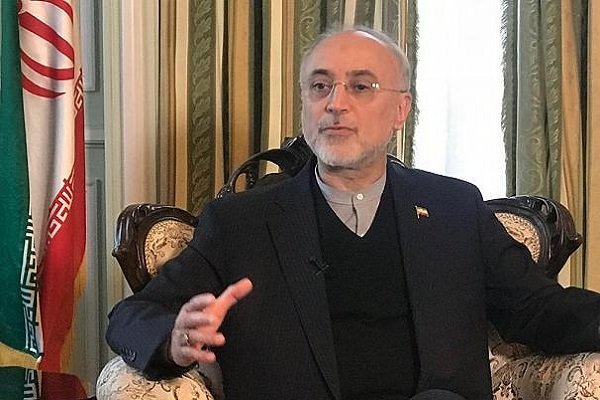

If the nuclear deal breaks down, the consequences will be unpredictable for everybody, even for ourselves, for the international community, for the region, according to the head of Iranian nuclear agency.
Head of the Atomic Energy Organization of Iran (AEOI) Ali Akbar Salehi made the remarks in an interview with Japanese Kyodo News Agency on Tuesday.
Salehi told the Japanese media that during the 3rd High-Level EU-Iran Seminar on International Nuclear Cooperation, which was held in Brussels on Monday, he had positive meetings and is optimistic that the Europeans will find a way to pay for continued Iranian oil exports despite US sanctions affecting financial transactions, though acknowledging that Iran is starting to lose patience.
Salehi said that if the nuclear deal breaks down, “the consequences will be unpredictable for everybody, even for ourselves, for the international community, for the region. Only God knows what is going to happen.”
If that happens, he warned, Iran stands ready to resume enrichment of uranium, which was suspended under the 2015 nuclear deal, to 20 percent purity at its nuclear facility in Natanz.
Noting that Iran now has the capacity to produce 190,000 separative work units, or SWUs, of enriched uranium, he said, “we will do it very easily, but we don’t want to do that now. The capacity is there,” he added.
Kyodo added that AEOI head also praised Japan’s supportive stand regarding JCPOA, saying despite the ongoing US sanctions, Japan remains willing to continue cooperating with it on nuclear safety.
He said he understands Japan’s delicate position vis-a-vis the United States.
At the same time, he urged it to put aside the ‘unnecessary caution’ and restart or even expand cooperation with Iran in areas unaffected by the US unilateral sanctions, such as the field of medical equipment and the “humanitarian side of the scientific technological cooperation.”
Salehi said Japan could also play a positive role by supporting European efforts to salvage the 2015 nuclear accord.







